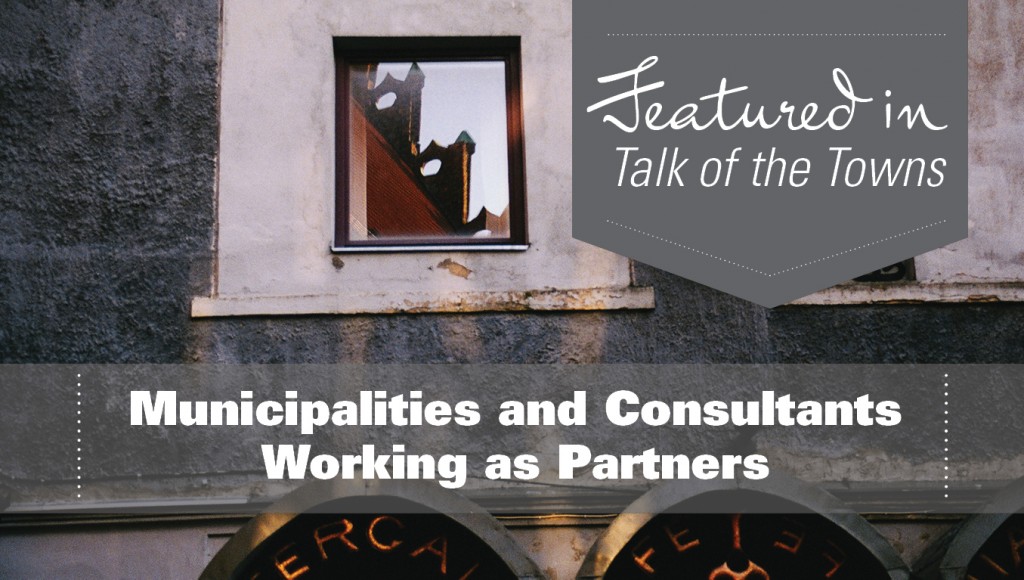MUNICIPALITIES AND CONSULTANTS WORKING AS PARTNERS This article appeared in the May/June 1999 issue of Talk of the Towns & Topics, a publication of the Association of Towns of the State of New York, and is reprinted with permission. By Richard F. Laberge, P.E., President Laberge Group
- Is your town overwhelmed or overburdened with day to day activities?
- Do your staff members need a 48- hour day, seven-day workweek to accomplish the tasks at hand?
- Is planning for tomorrow, never mind next week, month, year, out of the question?
- Are you experiencing infrastructure problems such as failing sewer systems, water mains, and storm drainage?
- Is your town growing at a faster pace than you can upgrade infrastructure?
Engaging a municipal engineering consultant can help alleviate some of these burdens. Many municipalities currently have professionals such as legal counsel and accountants on staff, or on standby, to provide advice or representation when needed. Having a municipal engineering consultant on board works in much the same way. Building a relationship with a municipal engineering consultant will pay off. Whether your town has a need for long-term service or an occasional project, a relationship with an engineering consultant is important. Why not just identify needs and issue Requests for Proposals, as necessary?
If you select this course of action, you must carefully identify and define the need each time. Someone then has to write the RFP, establish the invitee list, establish the criteria for selection, and establish the meeting dates, site visits, and deadlines. Pre-proposal/site meetings may also be required. Responses must be evaluated; often interviews/presentations are scheduled and conducted. All of this will cost the municipality time and money and the process may take weeks or months.
A municipal engineering consultant can help identify and assess your pending issues, investigate potential solutions and their benefits/impacts to the community, along with potential costs. Consultants are usually aware of available funding sources such as grants, low interest loans and other types of state and federal aid. A consultant with experience in this field can also assist the community in obtaining funds needed to rebuild or correct failing systems.

